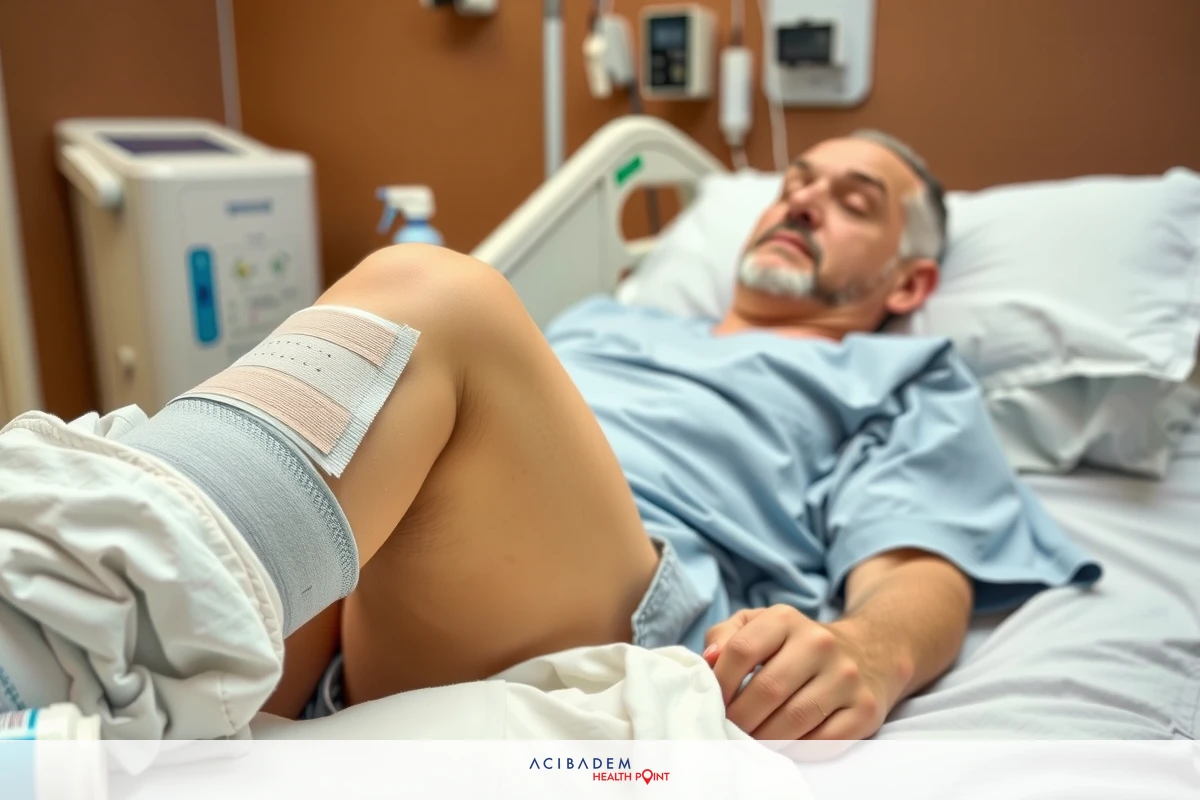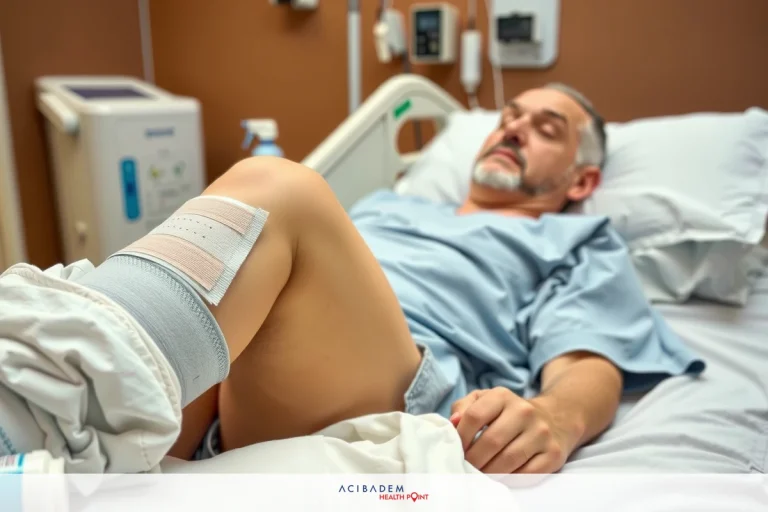What Not to Do After Total Knee Replacement
What Not to Do After Total Knee Replacement After you have a knee replacement your world can change in many ways. You may find that the things you used to do are not so easy now. It’s vital that you know what actions might harm your new knee. The road to getting better takes time and care. So let’s look at some key points that will help keep your recovery on track.
Recovering from a total knee replacement comes with its own set of rules. Think of it as a new start where each day brings you closer to using your knee like before. There are clear things you should steer clear of doing after surgery. By following these tips chances are good that you will heal without extra problems.
It is very important for anyone who gets this operation to take these warnings seriously. Some activities can stress your new joint too much if done too soon or in the wrong way. We want everyone who goes through this to feel great about their recovery process! Let’s get into what practices should be avoided for the best outcome after your surgery.
Avoiding Excessive Weight-Bearing
After total knee replacement your body needs time to heal. Putting too much weight on the new knee can be harmful. That’s why doctors say not to rush things. It’s okay to go slow and let the joint mend the right way. Using crutches or a walker is part of this careful approach.
When you start walking again remember what not to do is just as important as doing it right. If you stress your knee too soon it sets back your recovery time. You’ll want to avoid any heavy steps that push down hard on the new joint. Every day brings progress if you’re mindful about how you move.
Knee surgery recovery often includes tools like crutches for a reason: they help! These aids are there so you don’t overload the fresh joint with all your weight at once. Lean on them when moving around in those first weeks after surgery; they’re great helpers for getting from place to place safely.
Finally follow all of your doctor’s knee replacement tips closely during this period. They know best how much weight your knee can handle and when it’s safe to bear more load gradually over time according to plan. Listen well and trust their advice – it could save you lots of trouble down the road!
Skipping Physical Therapy Sessions
Physical therapy after knee replacement is a must not a maybe. It’s the time when your knee learns to be strong again. Your therapist has a plan made just for you and your new joint. If you miss these sessions you’re missing out on key steps to get better. So make each appointment count and go every time.
Your recovery depends on how well you can move your knee. Without rehab exercises, stiffness could set in, making it hard to walk or bend. That’s why physical therapy is like gold for someone with a new knee—it helps keep everything working as it should. Missing sessions can slow down all the good progress you’ve made.
Lastly let’s remember that healing takes patience and effort over time. Stick with it even when it feels tough because this work pays off big later on. You’ve got goals—walking without pain playing with kids or grandkids —and doing your PT is how you’ll reach them. Trust the process and see just how far it will take you!

Neglecting Pain Management
After your knee surgery feeling some pain is normal. But don’t let that pain take over. Your doctor will give you ways to manage it. This might include meds or other methods to ease the hurt. It’s key to follow their advice so you can heal without too much discomfort.
Managing post-surgery pain means a smoother recovery for you. With less pain moving around gets easier day by day. Remember, when it hurts less, you’re more likely to move and do your exercises. And that movement is what helps get your strength back faster. So listen well when your doc talks about managing pain—it matters a lot!
Taking care of pain after knee replacement isn’t just about comfort; it helps healing too. If you handle the ache right everything else falls into place more smoothly in your recovery journey. Don’t ignore the twinges and throbs; treat them as signs guiding you on how best to look after yourself during this time.
Avoiding Strenuous Activities
After total knee replacement it’s wise to take a break from tough activities. Your new knee needs time without the extra strain that comes with high-impact sports. Running, jumping, or lifting heavy things can all wait for now. This pause is crucial for avoiding harm and giving your body the rest it needs.
Think about what happens when you put too much load on something fresh and healing. It’s like pressing down on a new plant trying to grow; it won’t work well. The same goes for your knee joint after surgery—it needs gentle care not hard push. So even if you feel okay stay away from anything too rough until your doctor says so.
Your doc will tell you when it’s safe to get back into action. They’ll check how strong your knee is getting over time. And once they give you the green light start slow—don’t just jump right back in where you left off before surgery. Ease into activity bit by bit; listen to what your body tells you as go along.
In short treat this time as an investment in long-term health for your knee. Protecting the joint now means better chances at full function later on—and that’s worth waiting a little while longer before hitting those intense workouts again!
What Not to Do After Total Knee Replacement: Ignoring Signs of Infection
Infections are a risk after any surgery including total knee replacement. It’s key to watch for signs that something may be wrong. Increased pain, redness around the wound, and swelling can all signal infection. A fever might also tell you your body is fighting off invaders. If these symptoms pop up it’s time to call your doctor right away.
Seeing the first signs of infection means acting fast to keep things from getting worse. You don’t want a small problem turning into a big one because you waited too long. So take note of any changes at the site where they did surgery. And remember even if it seems like nothing much—it’s better safe than sorry.
Your medical team is there to help with post-surgery complications like infections. They’ll know what tests or treatments will work best for you. Their goal is just like yours: get healthy as soon as possible without extra problems along the way. Trust them and their advice when it comes to taking care of your new knee.
Lastly treating an infection quickly can mean a smoother overall recovery from your knee replacement surgery. Do regular checks; stay aware; and never hesitate to reach out for professional guidance when needed—this approach could make all the difference in how well and how fast you bounce back!








